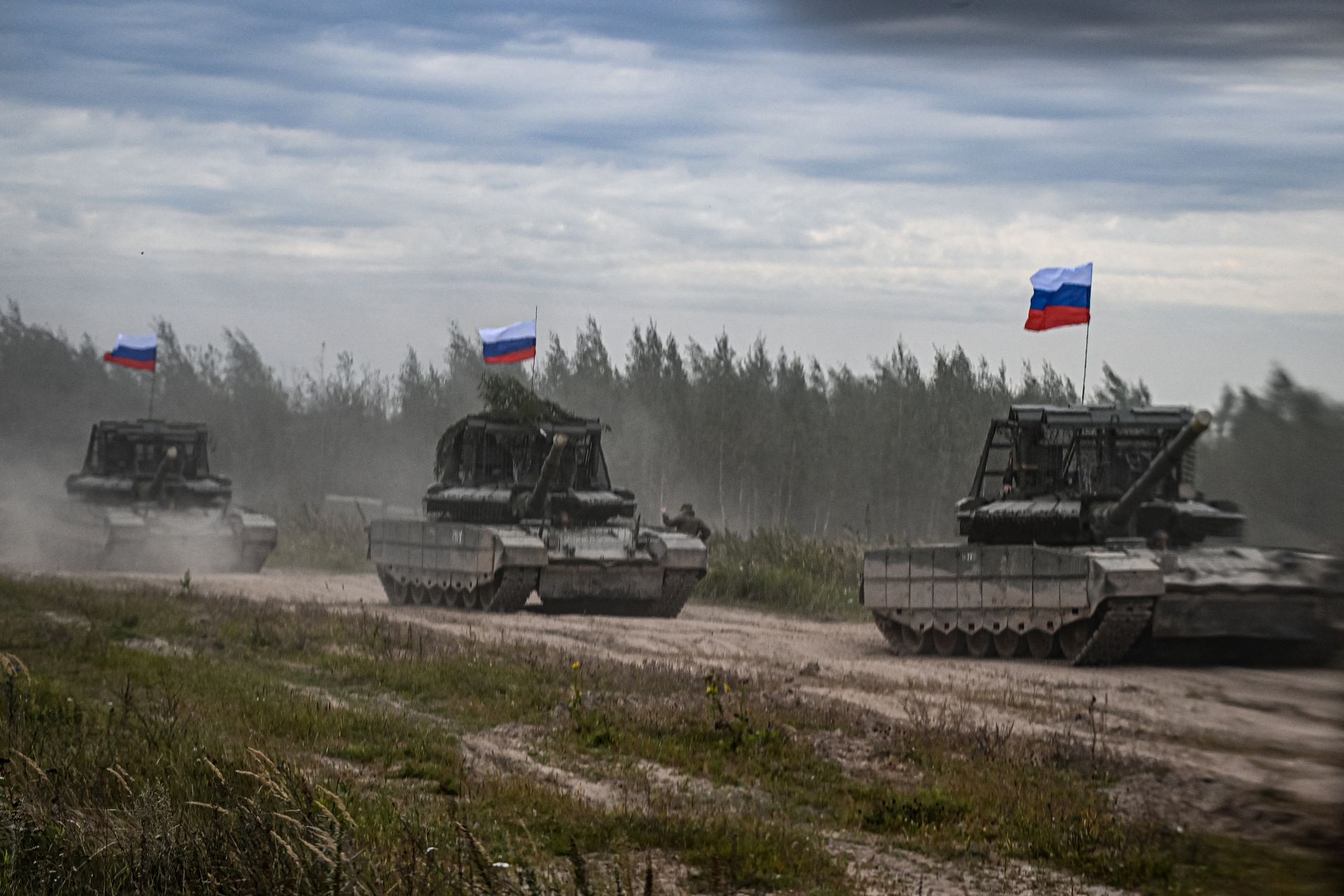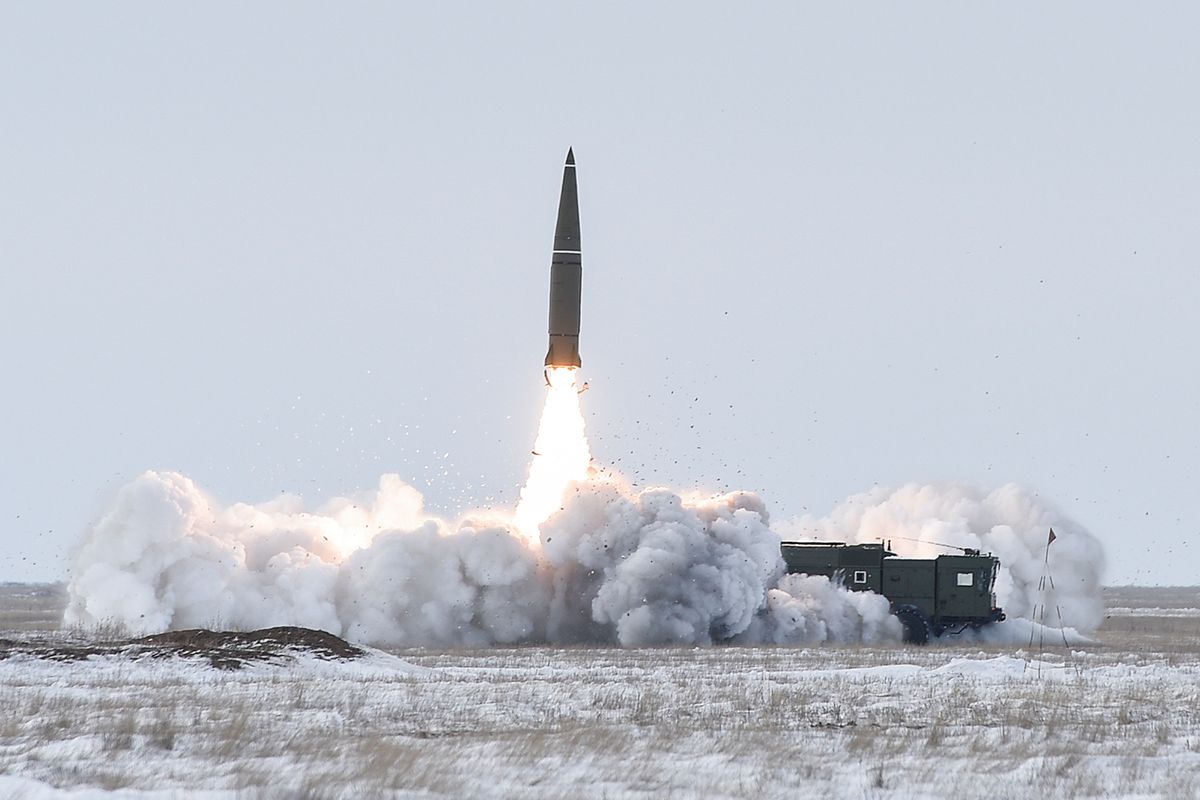Zelensky discusses Russian airspace provocations with Macron, Rutte at UN

President Volodymyr Zelensky discussed Russia's recent airspace violations and other matters in separate meetings with French President Emmanuel Macron and NATO Secretary General Mark Rutte on the sidelines of the U.N. General Assembly on Sept. 24.
Zelensky has been holding high-level meetings at the 80th U.N. General Assembly in New York, where leaders from nearly 150 countries have convened. He met with U.S. President Donald Trump on Sept. 23 and delivered an address to the Assembly on Sept. 24.
The president's latest meetings included talks with the leaders of NATO and France. Both meetings touched on Russia's recent aerial incursions in Europe, which Zelensky said were "not mistakes, but targeted actions," according to the Presidential Office.
In the past month, Russian drones have breached Polish and Romanian airspace, while Russian fighter jets have entered Estonia. Unidentified drones were also spotted in Denmark.
Zelensky and Rutte "coordinated their positions and agreed on the next joint steps," the Presidential Office said.
The two leaders also discussed the PURL (Prioritized Ukraine Requirements List) program, the Trump-backed scheme to sell U.S. weapons to NATO countries who will then provide arms to Ukraine.
In the two months since the program's inception, contributions to PURL have already reached $2.1 billion, the Presidential Office said.
Expanding the program — in terms of both higher contributions and broader participation — remains a NATO priority, Rutte said.
In his meeting with Macron, Zelensky not only discussed Russia's airspace violations, but also Ukrainian air defense needs, sanctions against Moscow's shadow fleet, and the use of frozen Russian assets.
"The leaders paid particular attention to the use of frozen Russian assets for the benefit of Ukraine. Volodymyr Zelensky and Emmanuel Macron discussed specific instruments that would make this possible," the Presidential Office said.
Macron said in recent interview with CBS News that he opposed confiscating frozen Russian assets, as that would violate international law.
At the start of Russias full-scale invasion in 2022, the Group of Seven (G7) countries froze approximately $300 billion in Russian central bank assets, with about two-thirds held by the Belgian clearinghouse Euroclear.
European governments and G7 allies have been exploring ways to generate revenue from these immobilized funds without outright seizing them, which would have legal and political ramifications.













